Guest Speaker: An Appetite for the Farm
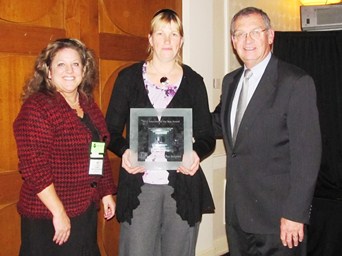 Women Chefs & Restaurateurs’ 2011 Educator of the Year acknowledges that any chef can serve virtually anything any time of year. But what have we sacrificed? Today’s culinary student is caught in the middle.
Women Chefs & Restaurateurs’ 2011 Educator of the Year acknowledges that any chef can serve virtually anything any time of year. But what have we sacrificed? Today’s culinary student is caught in the middle.
By JoAnne E. Cloughly
Some people say the Farm to Table movement is past tense. On the contrary, it is running full swing. When you think about what Farm to Table means, logic tells us that it means bringing fresh food from the farm to the dining table. It means supporting our local producers—the small family farm, the beekeeper, the rancher, the vineyards and much more. The results are keeping these businesses “in business” and, in exchange, being the recipient of the freshest products possible.

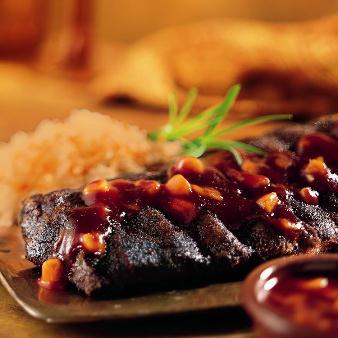 Mintel predicts five foodservice trends that will shape restaurant menus in 2012.
Mintel predicts five foodservice trends that will shape restaurant menus in 2012.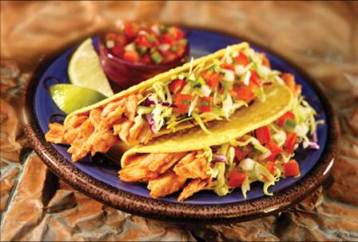 Despite little change over 20 years in the healthfulness of the foods we consume, more Americans rank their diets worse. Are we more receptive today to dietary guidance?
Despite little change over 20 years in the healthfulness of the foods we consume, more Americans rank their diets worse. Are we more receptive today to dietary guidance?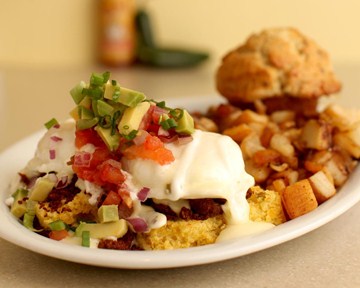 Technomic finds ample growth opportunities for restaurants serving the first daypart.
Technomic finds ample growth opportunities for restaurants serving the first daypart.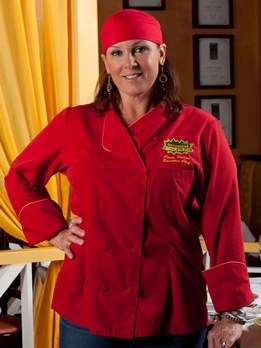 Cindy Hutson helped start the Caribbean wave that began its sweep of the nation nearly 20 years ago. But then as now, she was about so much more. Today, she’s proving it.
Cindy Hutson helped start the Caribbean wave that began its sweep of the nation nearly 20 years ago. But then as now, she was about so much more. Today, she’s proving it. The best advantage of field trips is the range of learning that students acquire. Here are tips for maximizing their benefits.
The best advantage of field trips is the range of learning that students acquire. Here are tips for maximizing their benefits. Your students will want to reach for the tongs, spatula or spoon. Don’t let them. These six steps in class will effectively remove students’ fear—and enhance their thrill—of sautéing.
Your students will want to reach for the tongs, spatula or spoon. Don’t let them. These six steps in class will effectively remove students’ fear—and enhance their thrill—of sautéing.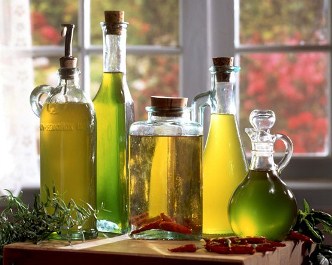 An overview of soy oil and its role in foodservice applications.
An overview of soy oil and its role in foodservice applications.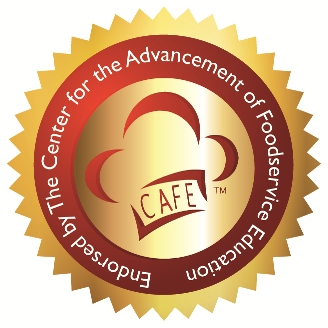 The Center for the Advancement of Foodservice Education (CAFÉ) is pleased to award its Endorsement Program seal to the Idaho Potato Commission (IPC) Foodservice Toolkit, a comprehensive teaching resource.
The Center for the Advancement of Foodservice Education (CAFÉ) is pleased to award its Endorsement Program seal to the Idaho Potato Commission (IPC) Foodservice Toolkit, a comprehensive teaching resource.